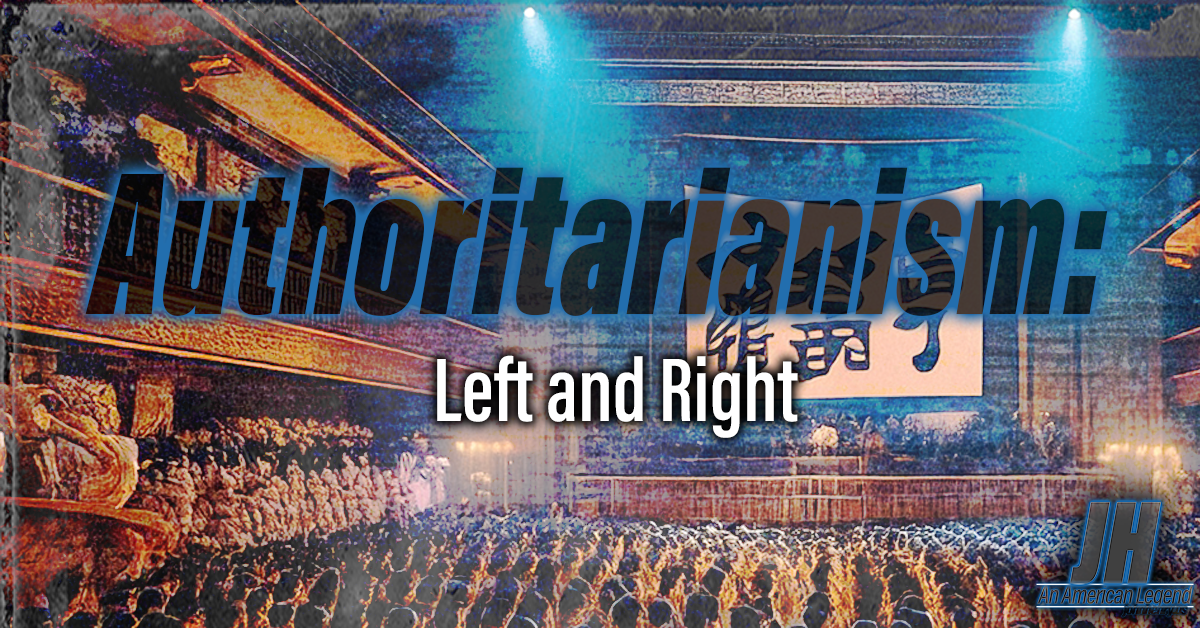The narrative that there’s a “rigged two-party system” is one of the most destructive and misguided mythologies of political science and discourse in the United States, and it has kept us tripping over our own feet for most of the last century.
The number of parties isn’t relevant.
Who we’re electing – the individual human beings we select to make our social decisions – is important.
Duverger’s Law tells us that a democratic or pseudo-democratic political system based on first-past-the-post voting in single-member districts will tend to coalesce into a two-party system. It’s not a function of intent or conspiracy or manipulation; it’s math and sociology.
When you study political science and pay attention to how partisan systems in general function, it quickly becomes clear that functionally two-party and multi-party systems simply aren’t “different” enough to substantively impact the issues people tend to lean on regarding the “two-party system.” Makes for great sloganeering and gives people a boogeyman to point at, but it’s meaningless.
Human beings, politically, tend to group around two basic ideological poles in matters of social management.

One pole can be called “labor” or “the people” or “the proletariat” or “the masses.”
What that pole represents should be fairly clear from the description; the interests of individuals, particularly their individual liberties, dignity, and standard of living. Its fundamental principle is achieving, as much as possible, universal equity of those attributes. Public decision-making is left generally to the public. In healthy and well-designed systems the power of the public – which can be just as fallible as any individual or small group of them – is tempered by some degree of power assigned to experts, thinkers, decision-makers, and analysts whose function is to ensure the public will is not applied abusively, cf. Jefferson’s “tyranny of the majority.” We have seen that sort of tyranny in the very recent past; just look at all the state constitutional amendments that tried to outlaw gay marriage. Typically this pole is referred to as the “left.”
The other pole can be called “business” or “industry” or “the plutocracy” or “the bourgeoisie.”
What that pole represents is stratification, ingrouping and outgrouping, control of systems and processes generally in favor of a small group of “elites,” nearly always the materially hyperwealthy, either without regard or with overt contempt for the idea that a society works best when everyone has every possible chance to become their favorite selves. This is the pole where you can find concepts like the divine right of kings, the superiority of “good breeding,” the multi-generational and logarithmic self-perpetuation of generational wealth, and the basic idea that the material circumstances of one’s birth are – illogically – reflective of the quality of one’s character. Here you also find the roots of racism, sexism, and “moral bigotry.” This pole is generally referred to as “the right.”
These fundamental poles are inescapable.
No matter how many parties there are or how they’re configured, in a democratic system the voting trends will coalesce around the classic “left” and “right” poles – “the people” or “the proletariat” or “the workers” as the “left,” and “industry” or “business” or “plutocrats” or “the bourgeoisie” as the “right.” (The left and right designations themselves are artifacts of reference dating back to the physical setup of the pre-Revolutionary French parliament.)
There simply isn’t another pole to construct. There is no third polarity, there is no “option C,” and any attempt to create or envision or imagine or fabricate one inevitably ends up with “option C” being a point somewhere in between those two poles, usually with a great deal of makeup and glitter to distract from the reality that rather than being a true “third option” it’s simply a compromise between the two you already had, to one degree or another.
In democratic systems the fundamental problem is not a “two-party system” or a “multi-party system” or how the vote is conducted (horserace, proportional rep, etc) but rather that the electorate will as a general rule be too disengaged, distracted, and apathetic to evaluate their candidates on individual merit and will instead tend to rely on partisan political labels to inform their vote.
As long as we continue doing that, any given bad actor anywhere on the ideological spectrum will be able to easily manipulate themselves into power by appealing to the emotional valence of those labels.
When it’s all said and done, it ends up right back at what I’ve been saying for decades: the revolutions we’re looking for begin in the mirror. Until we fix how we think about this stuff to align with the objective realities, we’ll just keep swinging back and forth largely at the direction of extraordinarily powerful and wealthy entities whose interests are best served by keeping us all impotently barking at each other while nothing changes save perhaps for the increasing success with which the plutocracy continues to erode and disempower anyone who isn’t part of their little club.
This isn’t to say there’s no possibility of a “third” party or of one of the existing dominant parties to fade and fall. It’s critical to note however that at no time in human history has a third party arisen from outside of the existing system. Rather the typical process is one party begins stretching the Overton Window right-ward to the extreme, pulling the left-leaning party with it, until the far right becomes too extreme and abusive for popular support. The left pulls further to the right until it bypasses the center and becomes the right-wing party, and a new left-wing party rises from within the dissenting and dissatisfied ranks of the former left. You can see this mechanism in the collapse of the US Whig party in the mid-19th century, which gave rise to the splitting of the Democrat-Republican party into two separate groups, and the Whigs eventually disappeared.
None of this means that there’s no hope, or that there aren’t advantages to one type of system over another, or even that it’s not in our interests to try to avoid the consequences of Duverger by implementing electoral systems that tend to encourage multipartisanship, such as proportional representation.
However it does mean that, properly armed with a more complete understanding of the mechanics, the informed activist advocating for genuine progress can avoid becoming mired in a fight against a mythical enemy whose defeat is simply not possible because that enemy – the “rigged two-party system” – doesn’t exist.
The enemies we’re fighting against for the survival and progress of the species are not systems and parties and social structures but individuals making malicious choices based in avarice and mendacity and greed and ego. They have names. When we begin rejecting these individuals and these behaviors rather than railing against a “system,” we gain a significant advantage in our fight, a clarity of vision and purpose that has heretofore been eluding us, and then real progress begins.
![JohnHenry.US [BETA]](https://johnhenry.us/wp-content/uploads/2024/02/site-logo-with-tagline-001-400.png)

